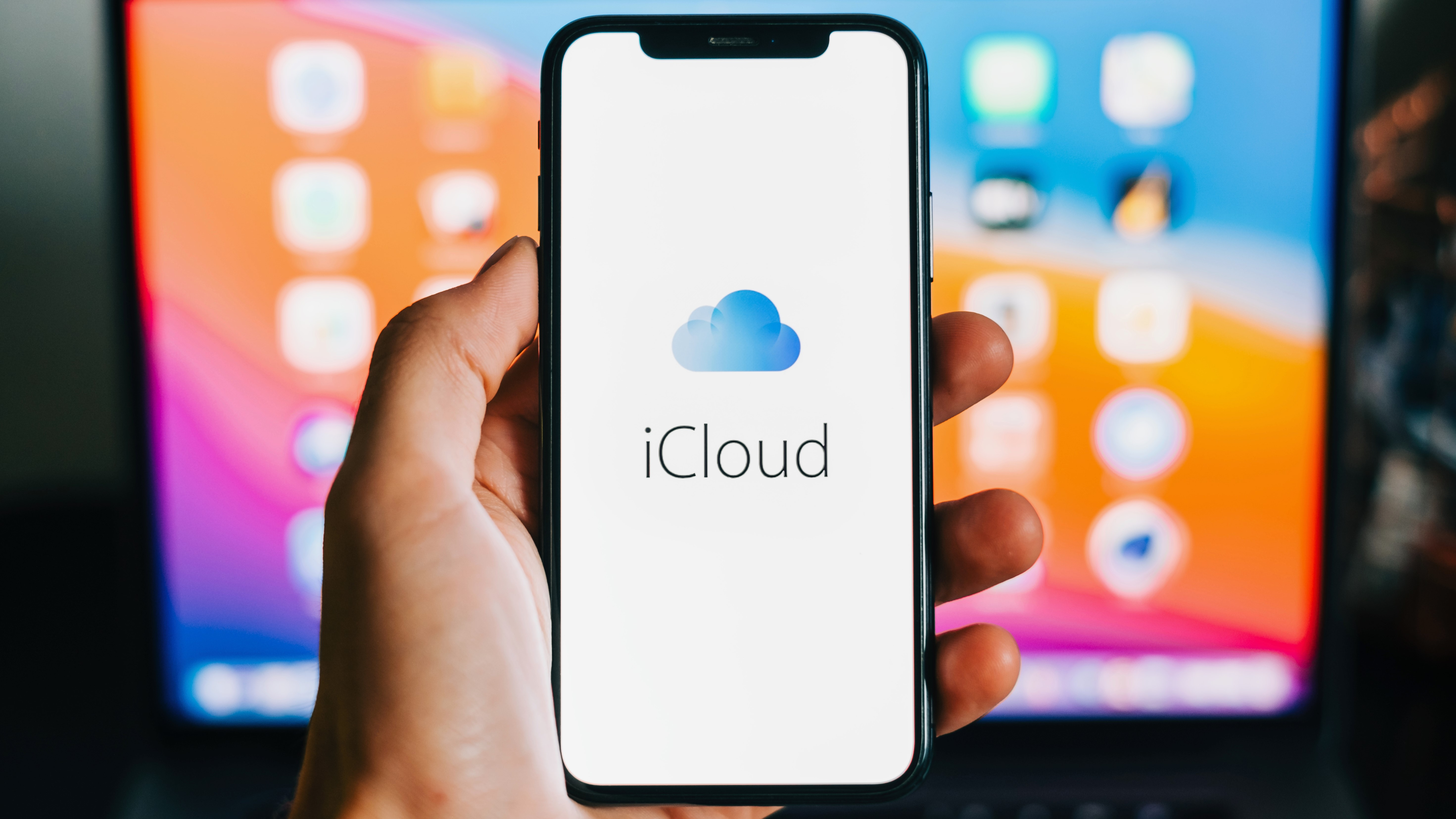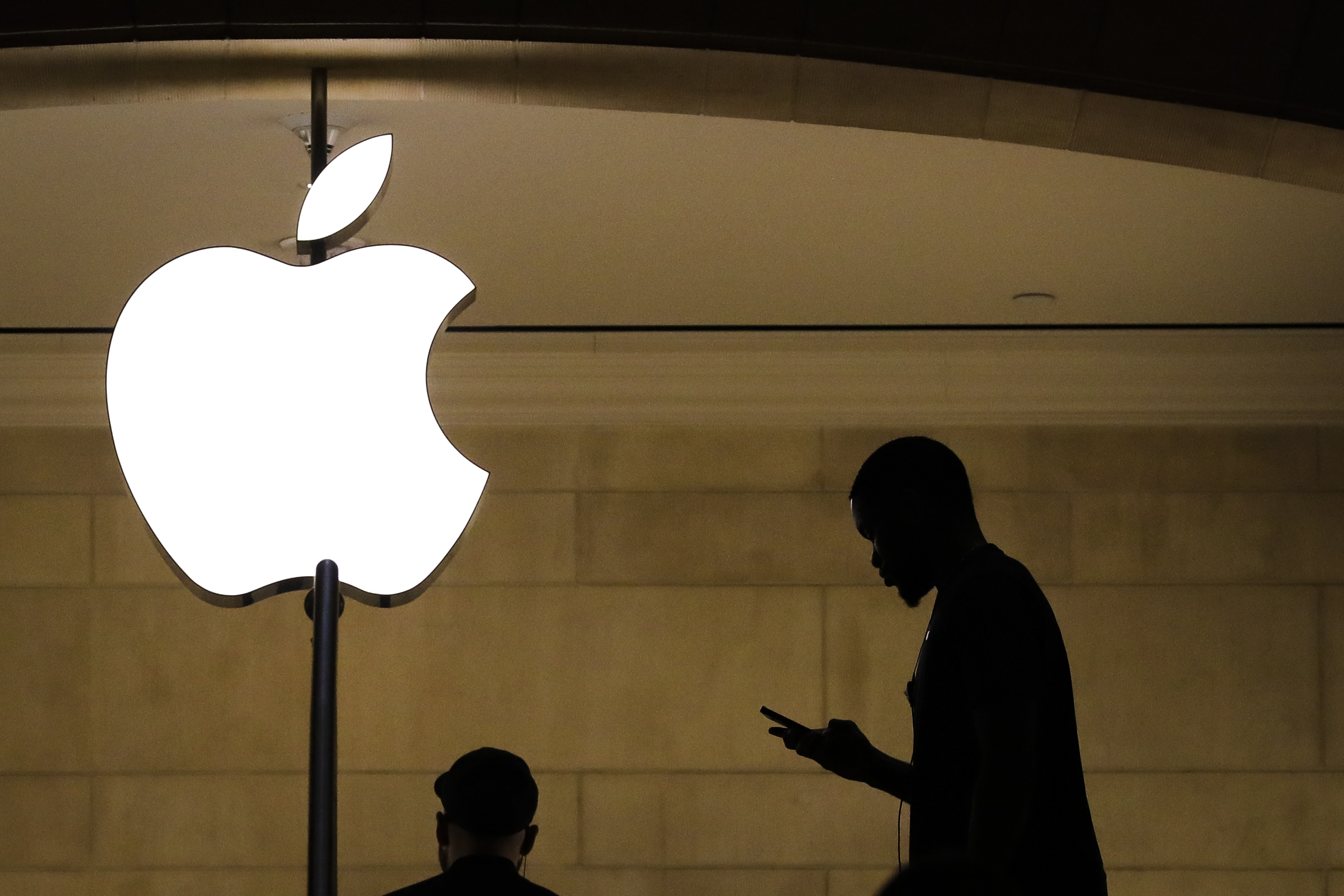The UK could make a U-turn on Apple's encryption backdoor demand
US officials have put pressure against the UK, which has "its back against the wall"

- The UK could soon back down on its demand for an Apple encryption backdoor
- US officials, including Vice President JD Vance, have been putting strong pressure against it
- Apple killed its iCloud's end-to-end encryption feature in the UK in February, and then challenged the order in Court
The UK could soon back down from its demand against Apple to create an encryption backdoor into its iCloud encryption.
As two senior British officials informed on the matter told the Financial Times, Starmer’s government is seeking a way out to avoid a clash with Trump's administration. US officials, including Vice President JD Vance, have been putting strong pressure against the order, warning against "systemic vulnerabilities" that such a backdoor could create.
Apple killed its iCloud's end-to-end encryption feature in the UK in February after being hit by a Technical Capability Notice (TCN) under the 2016 Investigatory Powers Act. This would allow law enforcement to assess users' data, no matter if it is encrypted. In April, the Big Tech company challenged this request in Court.
"A big red line"

Despite not being a default feature, once enabled, Apple's Advanced Data Protection (ADP) provides an extra layer of protection on all iCloud-stored data by using end-to-end encryption technology. This means not even Apple can access these files.
UK authorities, however, see this extra layer of security as an impediment to their criminal investigations and have pushed for a legal way to make people's data accessible when needed.
Yet, according to the British officials, such a request is a "big red line in the US" that could jeopardize the commercial relationships between the two governments.
"They don’t want us messing with their tech companies," they said, adding that the US put the Home Office with "its back against the wall."
"It’s a problem of the Home Office’s own making, and they’re working on a way around it now," they added.
Over 100 Internet leaders, academics, organizations, and companies have expressed their alarm with the UK government’s attempt to create backdoors on encrypted backups. They are demanding that it stop.Read the full open letter here ⬇️ https://t.co/KHbXrh114AFebruary 13, 2025
US officials aren't alone in raising concerns over the US's encryption backdoor request. Over 100 internet leaders, academics, organizations, and companies raised the alarm a few days after authorities issued the encryption backdoor order.
Encryption is responsible for preventing unauthorized access to users' data. Specifically, the best VPN and secure messaging apps use end-to-end encryption to ensure online communications remain private between the sender and the receiver.
A worrying and steady rise in cyberattacks, however, is showing how crucial encryption is for the privacy and safety of everyone's data. In the aftermath of the Salt Typhoon attack, for example, even FBI and CISA experts have been calling citizens to switch to encrypted services.
As mentioned earlier, while Apple decided to remove Advanced Data Protection for not building a backdoor into iCloud, the Big Tech giant and the Home Office are still fighting the matter in Court at the time of writing. Crucially, though, last month WhatsApp publicly supported Apple in its legal battle that "could set a dangerous precedent," the encrypted messaging app's boss told the BBC.
What's certain, though, is that the UK isn't the only country looking to undermine encryption in the name of public safety.
In the latest of these efforts, the EU Commission has unveiled its plan to enable law enforcement bodies to decrypt citizens' private data by 2030.
You might also like

Chiara is a multimedia journalist committed to covering stories to help promote the rights and denounce the abuses of the digital side of life – wherever cybersecurity, markets, and politics tangle up. She believes an open, uncensored, and private internet is a basic human need and wants to use her knowledge of VPNs to help readers take back control. She writes news, interviews, and analysis on data privacy, online censorship, digital rights, tech policies, and security software, with a special focus on VPNs, for TechRadar and TechRadar Pro. Got a story, tip-off, or something tech-interesting to say? Reach out to chiara.castro@futurenet.com
You must confirm your public display name before commenting
Please logout and then login again, you will then be prompted to enter your display name.